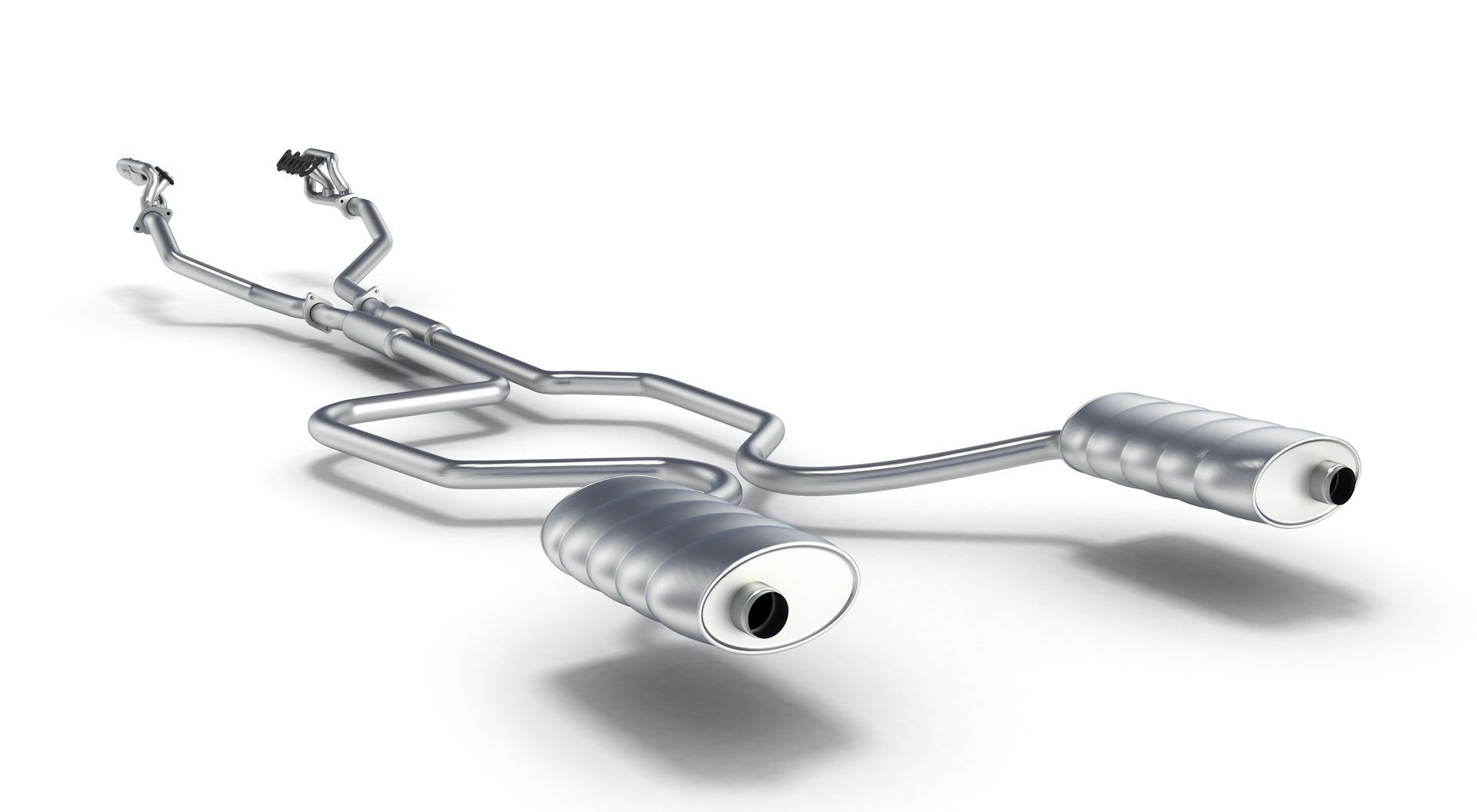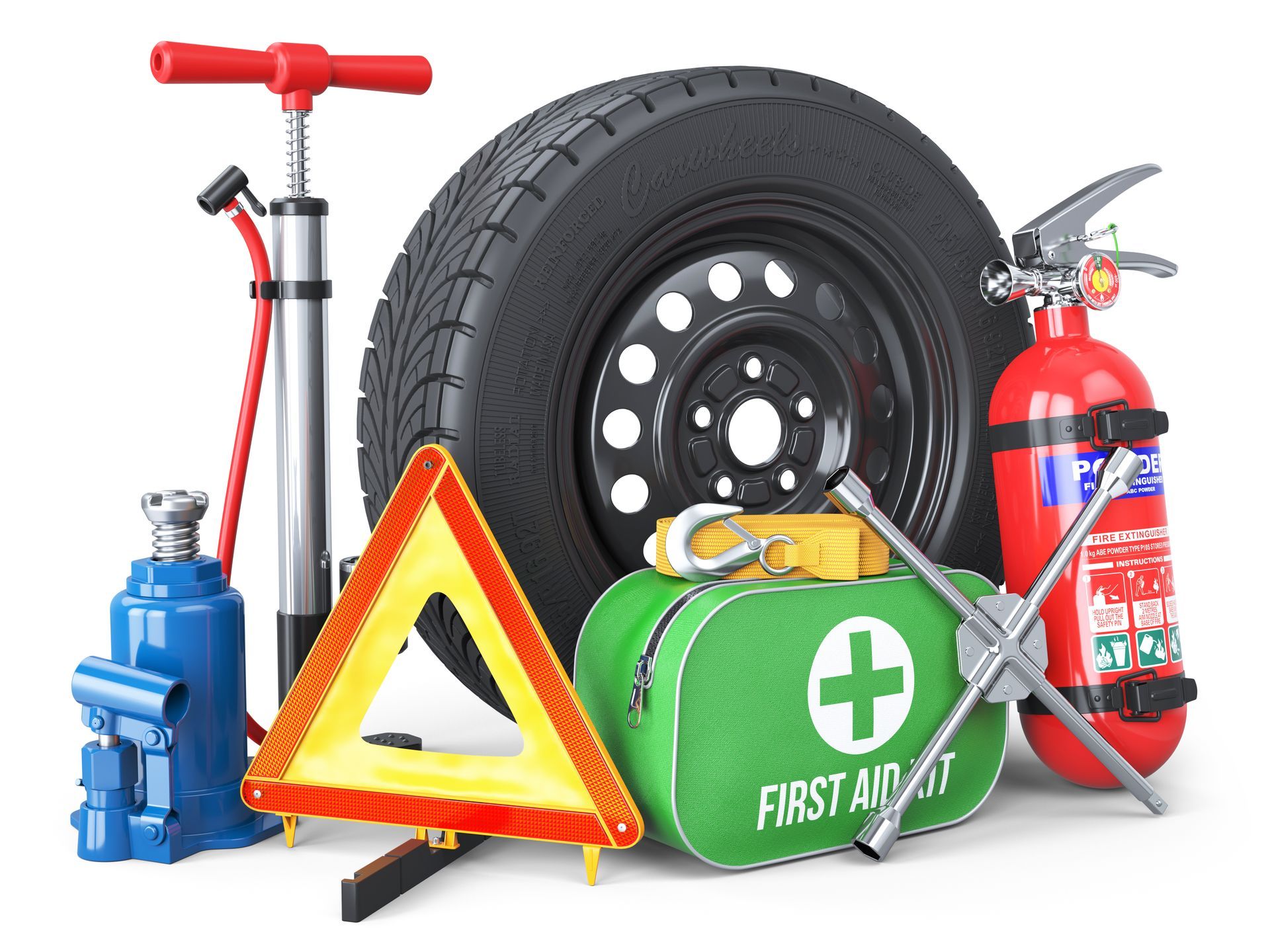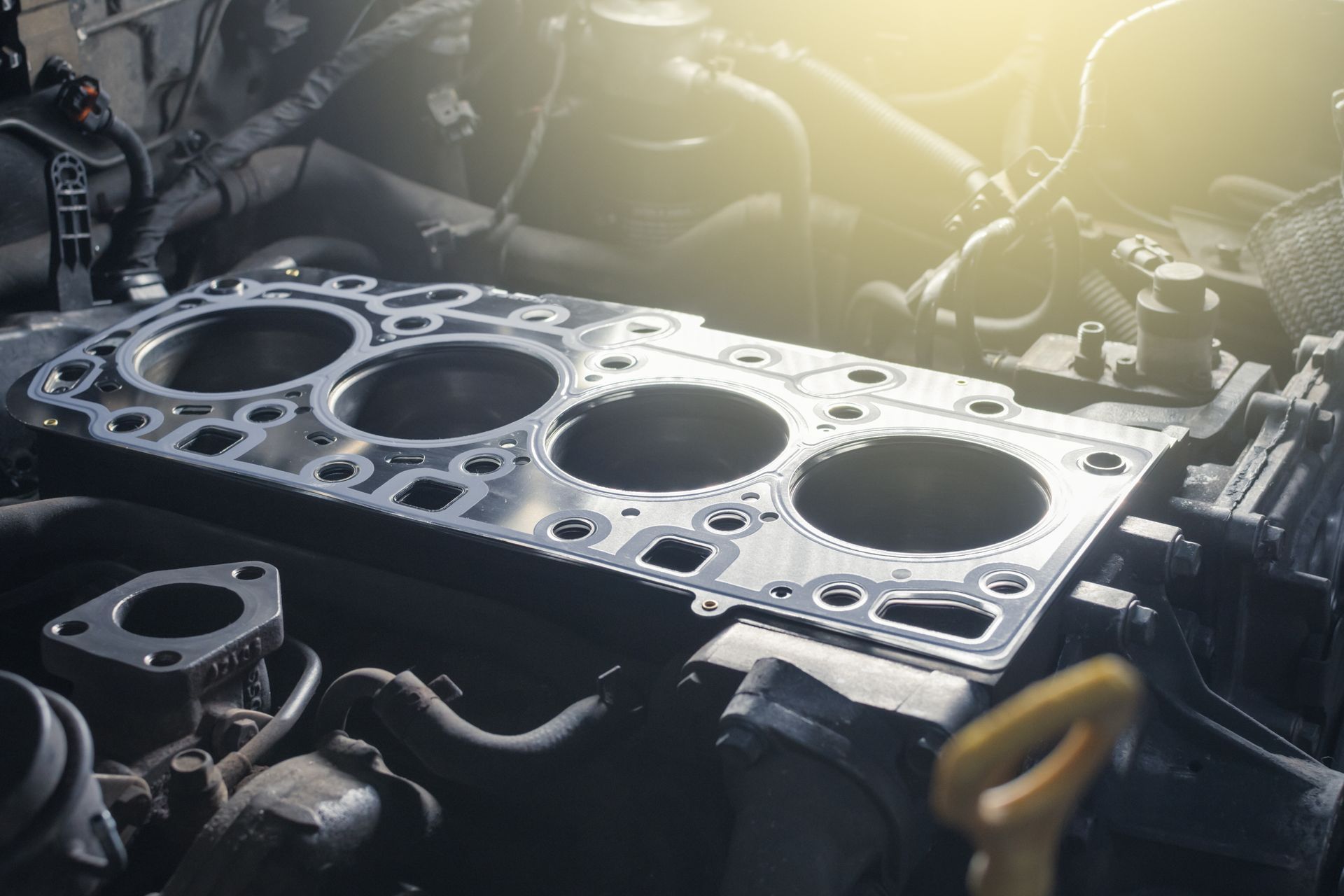Winter can be hard on your vehicle, and one of the most common issues drivers face when the temperature drops is a dead car battery. If you’ve ever been stranded with a car that won’t start on a cold winter morning, you know exactly how frustrating this can be. But why do car batteries tend to fail during the colder months? Understanding the causes behind winter battery failure can help you prevent this common issue and keep your vehicle running reliably throughout the season.
The Impact of Cold Temperatures on Car Batteries
Cold weather is one of the primary reasons car batteries fail in winter. Batteries rely on chemical reactions to generate power, and when the temperature drops, these chemical processes slow down significantly. This reduced chemical activity means that your battery must work much harder to produce the necessary electrical current to start your engine.
At 0°C, a car battery loses about 20% of its efficiency, and at -18°C, it can lose as much as 50%. The colder it gets, the harder it becomes for your battery to generate enough power to start your car. This is why your battery is more likely to fail during the winter, even if it works fine during warmer weather.
Increased Power Demand During Winter
Another reason car batteries tend to fail in winter is the increased demand for power. During the colder months, you’re likely using more electrical components in your vehicle, such as the heater, defroster, seat warmers, and windshield wipers. All of these features draw additional power from your battery, putting extra strain on it when it’s already operating at a reduced capacity due to the cold.
If your battery is already weak or nearing the end of its lifespan, this added demand can push it over the edge, resulting in failure. It’s important to have your battery tested before winter to ensure it’s strong enough to handle the extra load.
Battery Age and Condition
The age and condition of your car battery play a significant role in how well it performs in cold weather. On average, a car battery lasts between three and five years. As a battery ages, its ability to hold a charge diminishes, making it more susceptible to failure during cold weather.
If your battery is approaching the three-year mark, it’s a good idea to have it inspected by a professional, especially before winter hits. Any signs of wear, such as corrosion on the terminals or a slow start, could indicate that your battery is on its last legs.
Corroded Battery Connections
Corrosion on your battery terminals can also contribute to winter failure. Over time, the connections between your battery and your vehicle can become corroded, reducing the electrical current's efficiency. In winter, this problem is magnified as cold temperatures make it even more difficult for the battery to deliver power to the engine.
Regular maintenance, including cleaning your battery terminals, can help prevent this issue. A simple visual inspection can reveal if there’s any buildup on the terminals, and cleaning them with a wire brush can restore a proper connection.
Short Trips and Low Battery Charge
Taking frequent short trips can also contribute to battery failure. Each time you start your car, your battery expends energy to power the starter motor. Once the engine is running, the alternator takes over to recharge the battery. However, if your trips are too short, the alternator doesn’t have enough time to fully recharge the battery before the car is turned off again. Over time, this can lead to a lower overall charge and, eventually, battery failure.
During the winter, it’s a good idea to take longer drives occasionally to give your battery time to recharge. If you’re unable to do this, you may want to invest in a battery maintainer to keep your battery charged when your vehicle isn’t in use.
Stay ahead of the cold with a battery check at
Northside Auto. Our experts will ensure your car starts reliably all winter long. Call us today to schedule your appointment!






